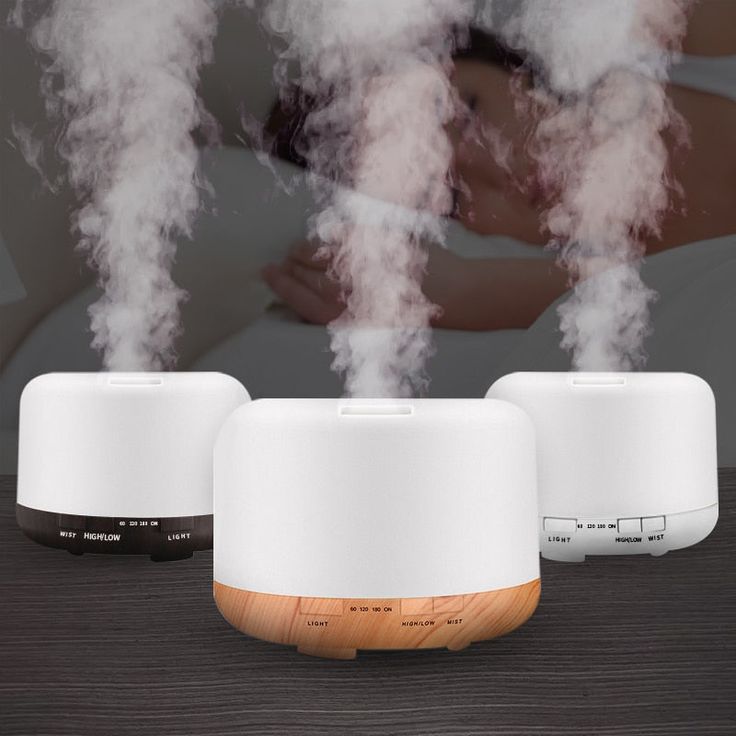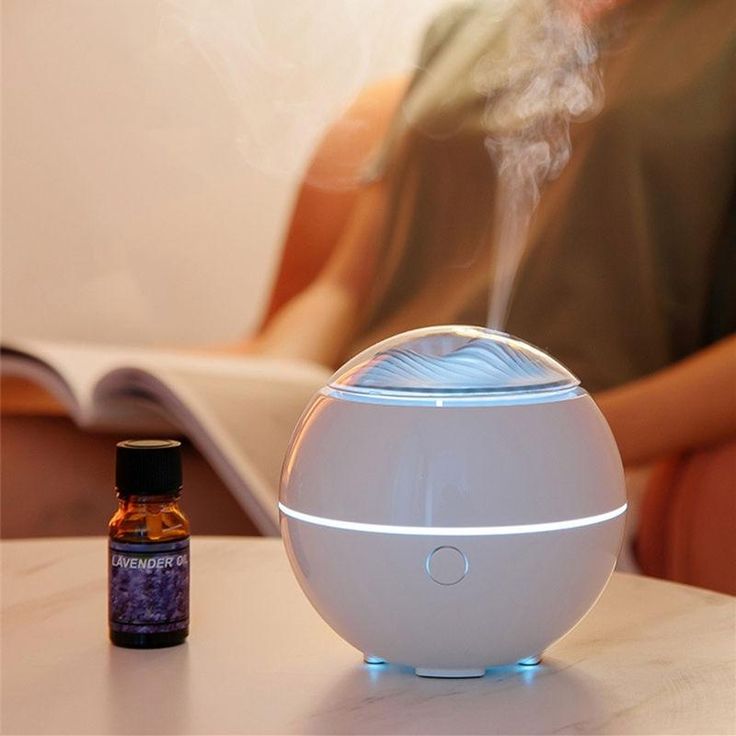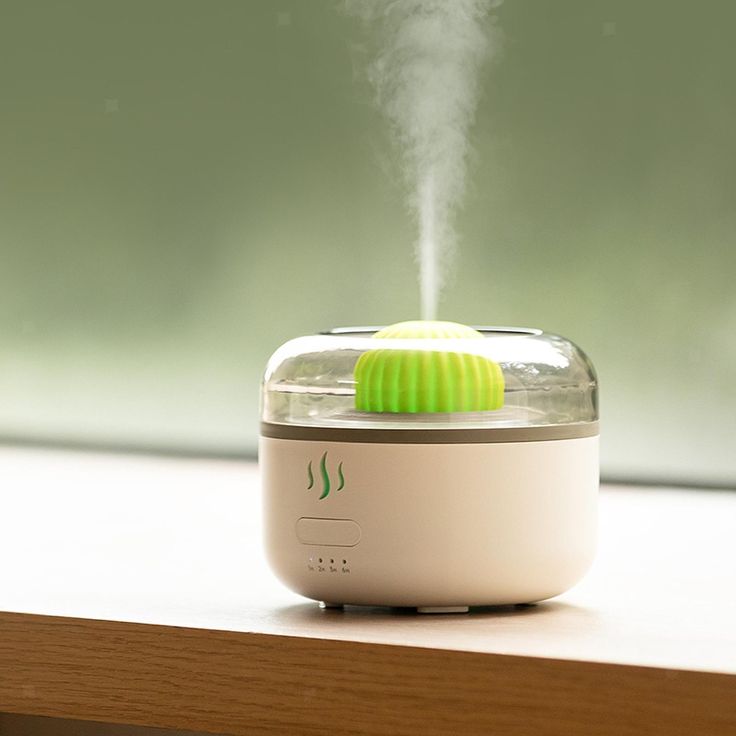Introduction to Humidifier Additives
Humidifier additives can greatly enhance the benefits of using a humidifier. They can infuse the air with wonderful scents, offer therapeutic benefits, and even help in maintaining cleaner air. However, not all substances are safe to use as additives, making it crucial to understand what works best. What to put in a humidifier?

Understanding Humidifier Functionality and Benefits
Humidifiers work by adding moisture to the air, which can help solve problems like dry skin, irritated sinuses, and cracked lips, especially during dry weather or winter months. When combined with the right additives, such as certain essential oils, a humidifier can also purify the air, promote relaxation, and even contribute to better sleep. It’s important to choose the right additives to ensure both the safety and efficiency of the humidifier.
Essential Oils for Humidifiers
Essential oils can transform your air humidifier experience, adding wonderful aromas and providing therapeutic benefits. When selecting oils, choose quality ones to ensure they release pure, beneficial fragrances into your home.
Recommended Essential Oils
Several essential oils work particularly well with humidifiers. Lavender oil helps promote relaxation and sleep. Eucalyptus oil is great for respiratory health, perfect for cold seasons. Lemon oil can uplift and purify the air, providing a refreshing atmosphere.
How to Use Essential Oils Safely in a Humidifier
Always add only a few drops of essential oil to your humidifier. Overuse can overwhelm and potentially cause irritation. Use water-soluble forms to prevent damage to the humidifier?s mechanisms. Make sure to clean the unit regularly to avoid residue buildup from the oils.
Other Safe Additives for Humidifiers
Enhancing your humidifier’s output can also involve non-essential oil products. Products such as rose water and glycerin not only increase moisture but provide additional benefits.
Using Rose Water and Glycerin
Adding rose water to your humidifier infuses the air with a subtle, pleasant fragrance. It can also offer a calming effect, perfect for relaxing environments. Moreover, its antimicrobial properties may help reduce airborne bacteria, potentially leading to cleaner indoor air during the drier months. Similarly, glycerin, a colorless and odorless liquid, when added, enhances the mist output of humidifiers. It helps in attracting more moisture from the air, making it a valuable addition, especially in dry climates or during the cold season.
Benefits of Lemon, Eucalyptus, and Tea Tree Oils
Lemon oil not only energizes but also purifies your home’s air with its refreshing scent. It is known for its antimicrobial benefits, helping to diminish airborne bacteria and viruses. Eucalyptus oil, recognized for its sharp, invigorating aroma, can aid in clearing the nasal passages and alleviating symptoms of respiratory conditions. Lastly, tea tree oil, with its robust antiseptic properties, is ideal for purifying the air and improving indoor air quality. Adding these oils can transform your living space into a more comfortable, healthy environment.

What to Avoid in Your Humidifier
While humidifiers are beneficial for improving air quality, you must exercise caution with the substances you add. Using the wrong additives can be harmful both to your health and to the humidifier itself.
Harmful Substances and Their Effects
Certain substances should never find their way into your humidifier. These include:
- Alcohol-based products: They can degrade the humidifier’s components and emit hazardous vapors.
- Surfactants and detergents: These can cause irritation in the respiratory system and damage the humidifier’s mechanisms.
- Tap water in some areas: High mineral content can lead to deposits and microbial growth.
- Bleach or chemical cleaners: Whilst aiming to clean the device, these can actually release harmful chemicals into the air.
- Undiluted essential oils: These can damage the plastic elements of some humidifiers and may cause health issues if inhaled in high concentrations.
Using these substances could lead to problems like headaches, allergic reactions, or even long-term health risks.
Evaluating Commercial Products and DIY Mixes
Exercise caution with store-bought additives or homemade concoctions. Always:
- Check the ingredients list for harmful substances.
- Follow the manufacturer’s guidelines strictly.
- Research each ingredient’s effect on the humidifier and health.
- Avoid creating your own mixes if unsure about the reactions between ingredients.
When in doubt, consult with the humidifier’s manual or reach out to the manufacturer before trying new additives. Avoiding the wrong substances will ensure your home’s air stays healthy and your device runs smoothly for a long time.

Maintenance Tips for Humidifiers with Additives
Proper maintenance is key when using additives in your humidifier. Here are some essential tips.
How Often to Change Water and Clean the Device
Change water daily to prevent bacterial growth. Clean your humidifier every 3 days for best performance. Use simple household items like vinegar for safe cleaning.
Best Practices for Longevity and Safety
Follow these practices:
- Only use recommended additives: Essential oils and other substances should be compatible with your humidifier.
- Avoid hard water: Use distilled water to reduce mineral deposits.
- Clean parts regularly: Disassemble and wash all parts that come in contact with water or additives.
- Dry thoroughly after cleaning: Before refilling, make sure all components are dry to prevent mold.
- Check for damage: Inspect the device for any signs of wear or damage. Replace parts as needed.
- Store properly: If you’re not using it for a while, empty, clean, and store your humidifier in a dry place.
Following these maintenance tips will ensure that your humidifier runs optimally and continues to improve indoor air quality safely.
Frequently Asked Questions
Expert Answers to Common Concerns about Humidifiers
Many users have questions about using humidifiers effectively and safely. Let’s address some of the most common concerns:
- Can I use tap water in my humidifier?
It’s best to use distilled or demineralized water. Tap water can contain minerals that build up and promote bacterial growth.
- How often should I clean my humidifier?
Clean it at least once a week to prevent mold and bacteria accumulation. Use vinegar or mild detergent for effective cleaning.
- Is it safe to use essential oils in my humidifier?
Only if your humidifier is designed for it, mainly ultrasonic types. Use water-soluble oils to prevent damage.
- Can I add household bleach to the water for cleaning?
Never use bleach in the humidifier water. It can cause harmful vapors and damage the device.
- What should I do if my humidifier begins to smell?
Clean it thoroughly. Remaining water can lead to mold and a musty smell.
- How much essential oil is safe to use?
Use about 3-5 drops per 100ml of water. More can be overpowering and potentially harmful.
- Are there any health risks with humidifiers?
If not maintained properly, they can disperse allergens and bacteria. Regular cleaning and proper use are key.
By addressing these common questions, users can ensure their humidifiers function safely and effectively.
Summary and Best Practices
As we conclude this exploration of humidifier additives, it’s vital to recap the key points to ensure safety and effectiveness.
Recap of Safe Practices and Final Recommendations
To maintain a healthy and pleasant indoor atmosphere with your humidifier, remember these guidelines:
- Choose the Right Additives: Opt for quality essential oils like lavender, lemon, and eucalyptus for their therapeutic benefits. Avoid alcohol-based products and harsh chemicals.
- Moderation is Key: A few drops of essential oil are enough. Overuse can lead to a strong odor and irritation.
- Use the Right Water: Distilled or demineralized water helps prevent mineral buildup and bacterial growth. Tap water is not ideal due to minerals.
- Clean Regularly: To prevent mold and bacteria, clean your humidifier every 3 days using safe cleaners like vinegar.
- Heed Manufacturer Instructions: Always follow your humidifier’s manual for guidelines on cleaners and additives to avoid damage.
- Spot Checks for Safety: Regularly inspect your humidifier for signs of wear or damage, especially if using additives.
- Correct Storage: When not in use, empty, clean, and store your humidifier in a dry place to prevent mold and odor.
Following these steps will help ensure a clean, healthy, and fresh-smelling home environment whenever you use your humidifier.
